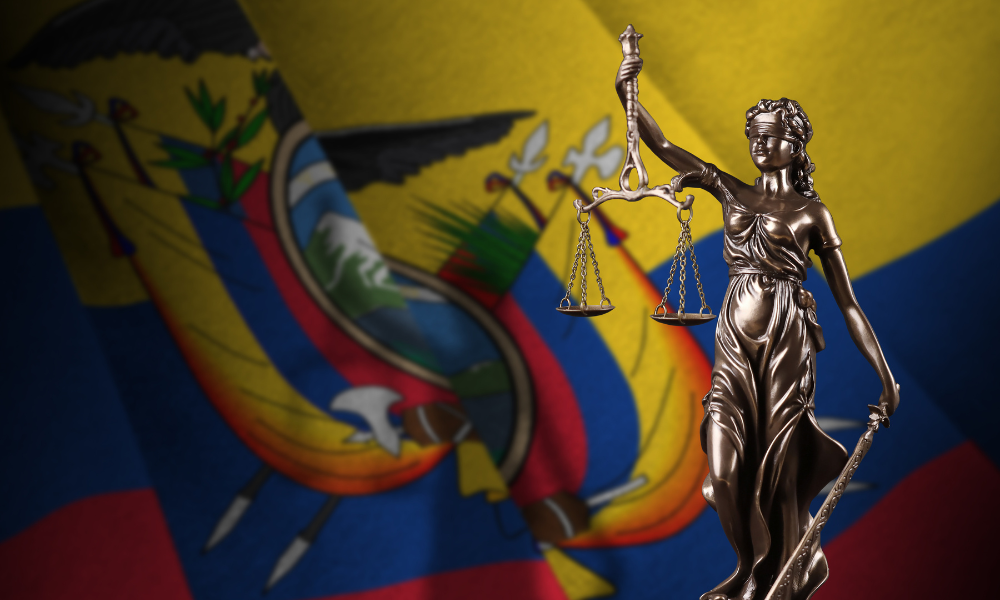
The contract was in Spanish, subject to Ecuadorian law, and drafted by an Ecuadorian lawyer

The Supreme Court of Nova Scotia ruled that a property dispute involving a contract in Ecuador must be resolved in Ecuador, not Nova Scotia, as the case is more closely connected to Ecuadorian law and jurisdiction.
The dispute in Wilson v. Martin, 2024 NSSC 321 involved the sale of a property in Ecuador. The plaintiffs sold the defendants a “hobby farm” property, which included a second house still under construction. The purchase agreement, drafted in Spanish by an Ecuadorian lawyer, set the property price at $395,000, with an initial down payment of $87,000 and the remaining amount to be paid through monthly installments over 17 years.
After taking possession, the defendants stopped making payments, claiming the plaintiffs misrepresented the property's condition, while the plaintiffs alleged breach of contract, asserting that the defendants abandoned the property. Although both parties now reside in Nova Scotia, the defendants initiated legal proceedings in Ecuador, and the plaintiffs responded by filing in Nova Scotia.
The plaintiffs argued that because all parties now reside in Nova Scotia, the court should proceed with the case locally. However, the Supreme Court ultimately ruled that Nova Scotia’s jurisdiction was based solely on residency and that the contract’s close connection to Ecuador, including its language and legal framework, made Ecuador the more suitable forum. Additionally, the court emphasized that, under s. 12 of Nova Scotia's Court Jurisdiction and Proceedings Transfer Act, it could decline jurisdiction if another jurisdiction was more appropriate.
In examining the forum non conveniens doctrine, the court weighed factors such as expense, convenience, and legal context. Key considerations included that the contract was in Spanish, subject to Ecuadorian law, and drafted by an Ecuadorian lawyer, which supported Ecuador as the more fitting forum. The court noted that conducting the trial in Ecuador would provide better access to relevant witnesses and documents and prevent the need for substantial translation and interpretation. Furthermore, the court highlighted that the defendants had already filed a legal claim in Ecuador and that ruling otherwise could lead to conflicting decisions between jurisdictions.
While the court recognized that enforcing an Ecuadorian judgment in Nova Scotia might pose challenges, it found that the advantages of hearing the case in Ecuador outweighed this factor. Ultimately, the court concluded that Ecuador was the correct venue and stayed the Nova Scotia proceeding.